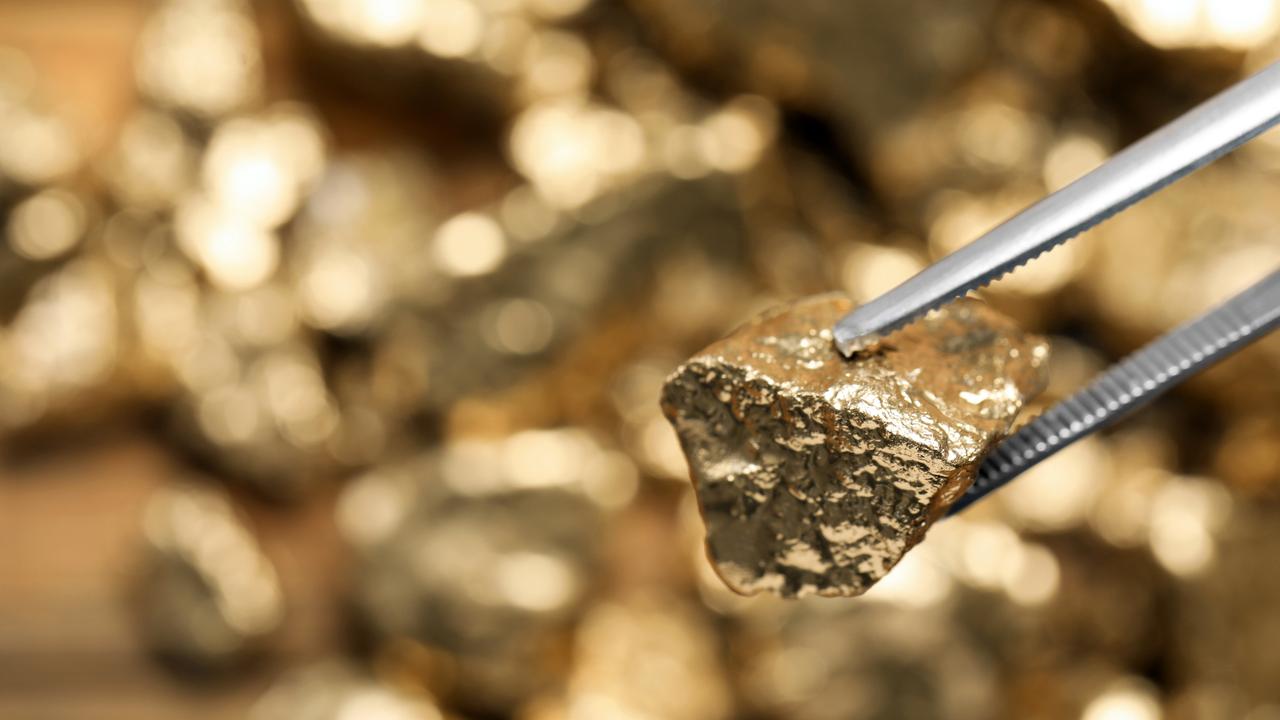Economic ‘tsunami’ threatening to overwhelm Australia after Donald Trump’s election win
Tariffs, trade wars and an unpredictable American president means Australia’s crucial iron ore industry faces uncertain times ahead.
Mining
Don't miss out on the headlines from Mining. Followed categories will be added to My News.
Tariffs. Trade wars. An unpredictable US president. Australia’s crucial iron ore industry faces uncertain times ahead.
But there may also be fresh opportunities to exploit. If it responds fast enough.
The “dig it and ship it” trade produced $138 billion in export revenue in 2023-24.
This is expected to fall to $114 billion this financial year, the Department of Industry, Science and Resources predicts – and to $102 billion in 2025-26.
That’s a dramatic blow to Canberra’s budget bottom line.
Dictating it all is the health of China’s massive steel industry. Its collapsed property bubble and economic slump are sending the threat of recession rippling worldwide.
For Australia, it could be a tsunami.
Iron ore prices have retreated by more than a quarter so far this year. And that’s coming at a time when industry efforts to increase supply are coming online.
Now, the threat of global trade wars is casting a new shadow on the future of the essential mineral.
President-elect Donald Trump is promising to impose tariffs of about 50 to 60 per cent on all Chinese imports. And all other nations will face new barriers of about 10 to 20 per cent.
China exports less than 1 per cent of its steel to the US. And Washington DC already has tariffs in place to protect its local industry from European manufacturers.
But the steel market faces an indirect hit as tariffs choke trade in manufactured products – especially containers, vehicles, engineering machinery, home appliances and service equipment.
That indirect blow will inevitably flow through to Australia’s iron ore exports.
There is, however, an opportunity.
Trump has expressed his determination to roll back President Joe Biden’s push to accelerate the US economy’s transition to low-emissions technology.
And that may leave a green iron and green steel hole in global trade that Australia can step into.
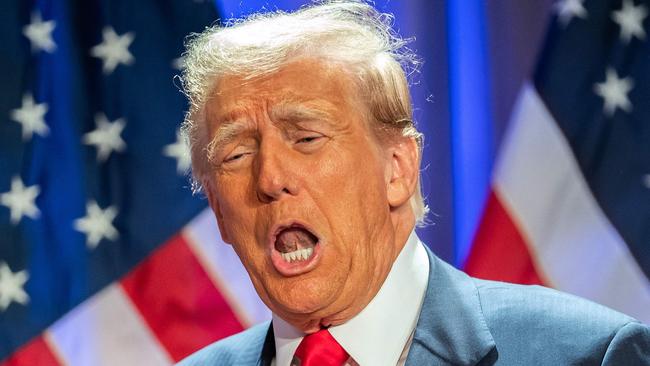
Rusting away
Iron ore prices this week briefly fell to the $US100 ($AU154)-a-tonne psychological threshold after Beijing’s latest round of economic stimulus once again left investors uninspired.
China’s economy is struggling under enormous corporate and regional government debt. Deflation is adding to its property market woes. And weak demand for white goods is putting pressure on its manufacturing industries.
All of these are underpinned by Australian exports of iron ore and coal.
Citibank commodity analysts predict prices will fall to an average of $US85 ($AU131) per tonne next year. It’s currently averaging $105 per tonne.
For much of the year, Chinese steel producers have steadily increased stockpiles held in the nation’s ports. But space – and cash for rent – is running out. As is hope for an economic turnaround in the near term.
“Not only has China’s recent stimulus package fallen short of investor expectations, but the weekend’s fresh disappointments from the inflation report and FDI data have also reinforced the view that China is still far from stabilising its beleaguered economy,” says IG market analyst Hebe Chen.
“This gloomy outlook, unfortunately, casts an even darker cloud over Australian miners.”
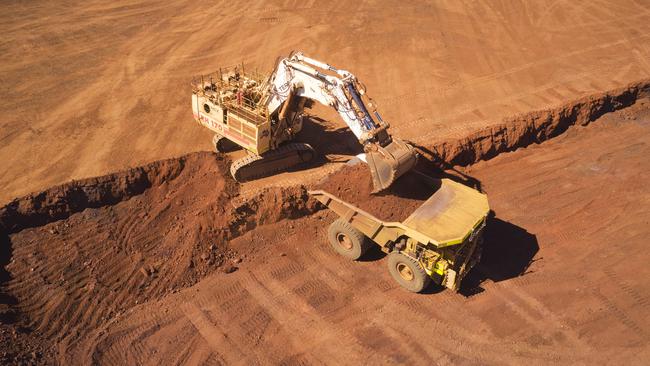
And while China’s managed to shift much of its excess capacity into export markets, it has been drawing anger from other major steel producers such as Indonesia and the US.
Now comes the threat of Mr Trump’s tariffs.
“Heightened tariffs imposed by the US will exert a more significant influence on manufacturing goods, which are categorised as indirect steel exports,” states Horizon Insight analyst Jiang Mengtian.
Chinese manufactured goods account for some 12.8 million tonnes of steel. And that’s on top of its anticipated 222 million tonnes of direct steel exports this year.
But this impact appears likely not to appear until late next year.
Overall exports out of China surged in October as factories ramped up production to meet a spike in demand. US retailers are rushing to buy big-ticket consumer products ahead of price rises brought about by Mr Trump’s tariff policies.
China, however, likely has more than enough of a backlog of iron ore and coal on its docks to accommodate this short-lived surge.
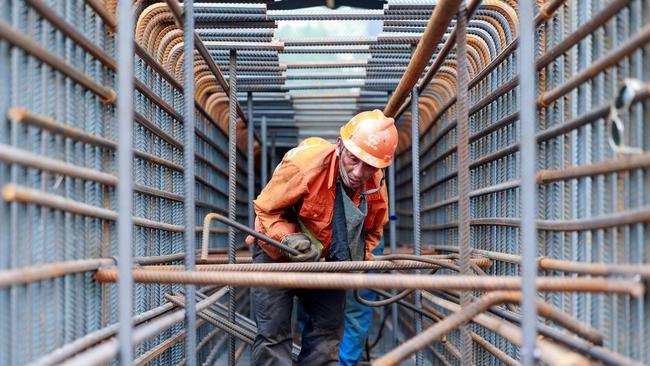
Rapid change
“In the global race to green iron exports, Australia has numerous competitive advantages – such as abundant and cheap renewables – that we must capitalise on,” Clean Energy Investor Group (CEIG) spokeswoman Marilyne Crestias said this week.
Potentially, the emerging market could add $250 billion each year to national revenue. If we don’t capitalise on it, a new report from Climate Energy Finance states the nation could face a $69 billion budget black hole.
“This is brilliant for Australia, and if we don’t do it, we’re going to look like absolute morons in a decade’s time with Oman, Saudi Arabia, Brazil and Guinea having eaten our lunch,” report co-author Tim Buckley told AAP.
October shipments of traditional iron ore out of Australia’s Port Hedland terminal totalled 45.6 million tonnes. That’s the highest level in four years.
Overall, Canberra projects an increase of 1.9 per cent to a total of 908 million tonnes for this financial year.
This, however, is likely to represent a peak.
Alongside China’s economic pressures is a global shift in demand towards low-carbon emissions products.
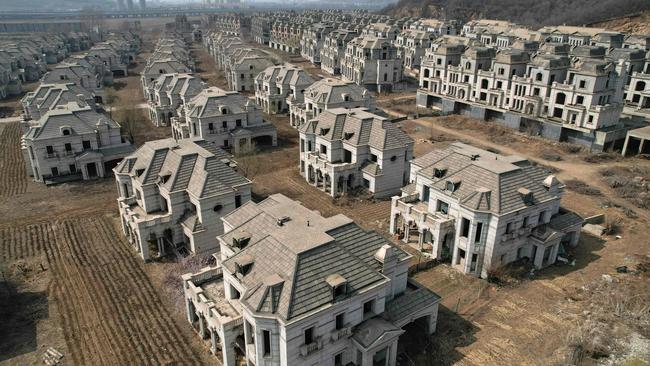
Especially green steel.
And China released new standards for carbon emissions in the steel production process earlier this month, with state-controlled and backed steelmakers warning those who lag behind will be the first to be shut down.
New electric and hydrogen furnaces can’t match the high sustained temperatures of coking coal. So, they require a purer grade of iron ore to be effective.
Australia’s mass hematite – a non-magnetic form of iron ore – trade is relatively low quality.
But the country does hold large reserves of magnetite – magnetic iron ore – that can be more efficiently refined.
Both industries need massive investment in new infrastructure, supply chains and workforce training.
South Australia’s Whyalla steel mill is struggling against ageing equipment and the massive debts of its owner, Indian entrepreneur Sanjeev Gupta.
The South Australian state government is currently in talks with a South Korean company to step in and pick up the massive project to convert the facility to hydrogen gas.
And a new national magnetite iron ore mining and processing industry has yet to pick up steam.
The Climate Energy Finance report recommends an immediate federal government investment of $30 billion to address this issue.
“China’s already in the race and running, and we haven’t even got our shoes on,” Buckley warned.
Jamie Seidel is a freelance writer | @JamieSeidel
Originally published as Economic ‘tsunami’ threatening to overwhelm Australia after Donald Trump’s election win




